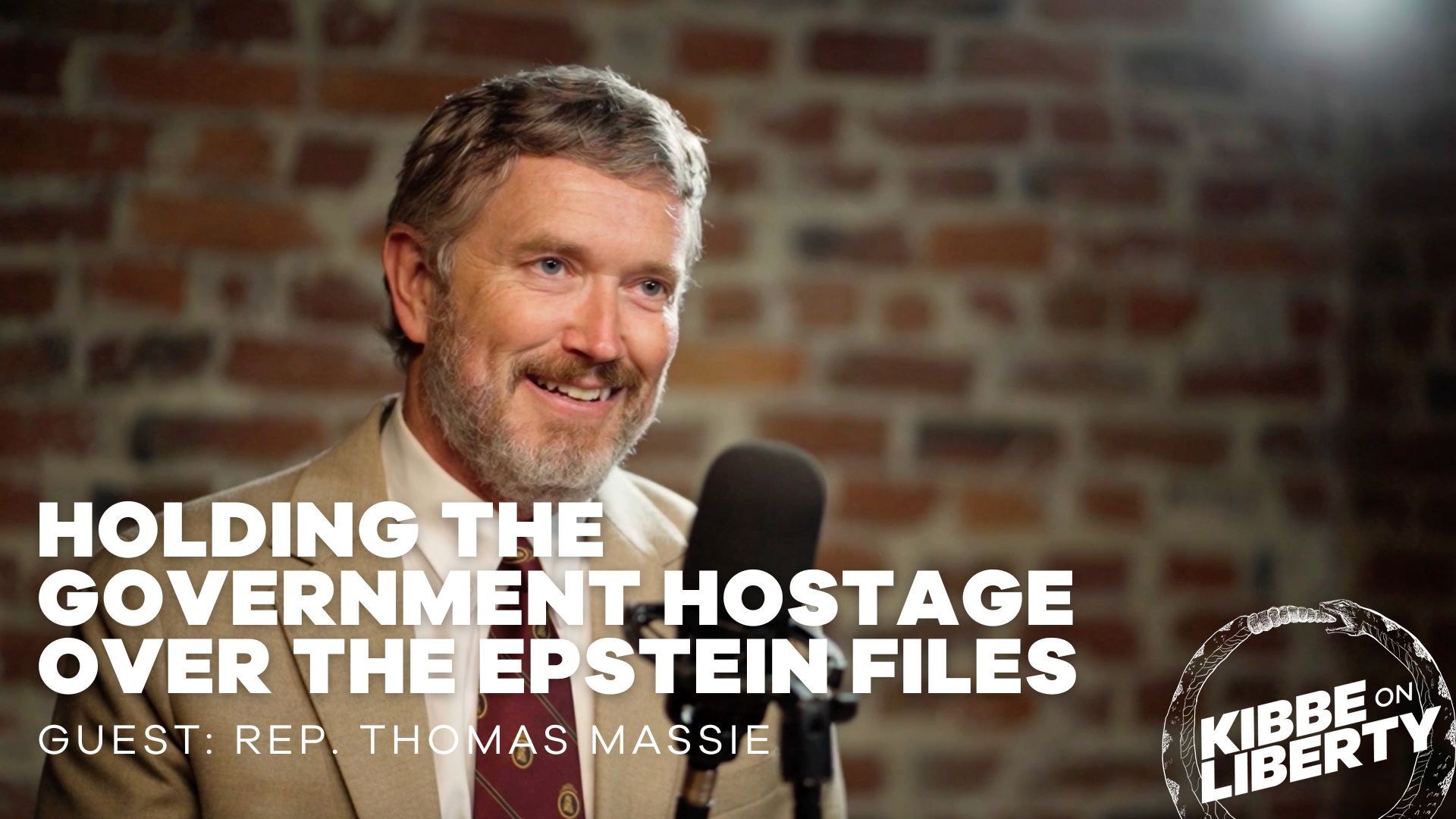
The $18 Billion Sleight-of-Hand in the Defense Bill
House Republicans are literally gambling with money for the troops. By tucking billions of dollars of general defense spending into the emergency war funding (known as Overseas Contingency Operations funding, or OCO), Republican big-spenders have only left enough actual war funding to last through April 2017 instead of September. This is just the latest and most outrageous in a string of tactics that defense hawks – largely Republicans – have used to force Congress to spend beyond its means.
What members of the House Armed Services Committee, led by Rep. Mac Thornberry (R-TX), did was to insert $18 billion in regular (non war-specific) defense spending into the OCO war fund. Because OCO is only meant to fund actual wartime activities, it is exempt from normal restrictions like what’s left of the budget caps. Unfortunately, there is no legal restriction on what OCO funds can be spent on, and thus it has become a vehicle for avoiding the spending restrictions.
But the approach being taken by Thornberry and his Armed Services Committee this year is novel, partially because fiscal conservatives and Democrats alike have raised serious concerns about using OCO as a slush fund for the DoD. So instead of just increasing the overall size of the OCO funding, the $18 billion in new funds is actually shortchanging war funding for the coming year. The defense hawks assume that regardless of who is president next year, that person and Congress will have no choice but to pass a supplemental emergency war funding bill to make up for the shell game that Republicans are playing now. Boom, extra defense spending, budget caps and $19 trillion in debt be damned.
Nothing is guaranteed, however, and in order to pull off this maneuver House Republicans are taking several irresponsible risks. To begin with, if Democrats win the White House (and perhaps the Senate) next year, there is a chance, however slight, that the new administration might decide not to approve replacing the missing funds, or at least not all of them. Republicans might find themselves in the position of having to scramble to fund overseas efforts from elsewhere in the DoD’s budget, endangering combat operations and leaving them worse off than where they started.
Much more likely, and just as dangerous in another sense, is that Democrats would allow this supplemental war funding to go forward, but in exchange for something of theirs. Sure, Democrats would take fire for using the troops as leverage, but they have done it in the past. Defense funding is how Nancy Pelosi extracted a minimum wage hike from Congress in 2007, for example. Democrats could take a similar stance again, or simply insist on matching any increase in defense funds with more social program funding, similar to how they got Republicans to agree to more spending in 2015.
In spite of his constant calls for higher defense spending, even Senate Armed Services Committee Chairman John McCain (R-AZ) does not approve of Thornberry’s sleight-of-hand. McCain still wants more funds for the DoD, but he is going to argue for it the right way, by debating it on the floor of the Senate and letting the process work. In past years, McCain has correctly called this sort of abuse of emergency war funds a “gimmick” (although he has previously gone along with said gimmick once push came to shove).
So, knowing that even his Senate colleagues are not okay with his shenanigans (and that the Senate Democrats would never let it pass), Thornberry has simply added another hurdle to the process of passing the one funding bill that is a lock to get done every single year, as the NDAA will have to go into a complicated conference to resolve differences in spending levels.
These kinds of abuses of OCO funding have become an annual routine since Congress reluctantly attempted to cap spending levels in 2011, but this year’s craziness should provide reason enough to put an end to it. For several years now, Congressman Mick Mulvaney (R-SC) has introduced bipartisan amendments to legally restrict OCO funds from going to anywhere but in support of actual war activities. These amendments have failed but perhaps the recklessness of this latest attempt by Thornberry and the hawks might add some urgency to what ought to be an easy, common sense reform.
This article originally appeared on Conservative Review.
Free the People publishes opinion-based articles from contributing writers. The opinions and ideas expressed do not always reflect the opinions and ideas that Free the People endorses. We believe in free speech, and in providing a platform for open dialogue. Feel free to leave a comment.



